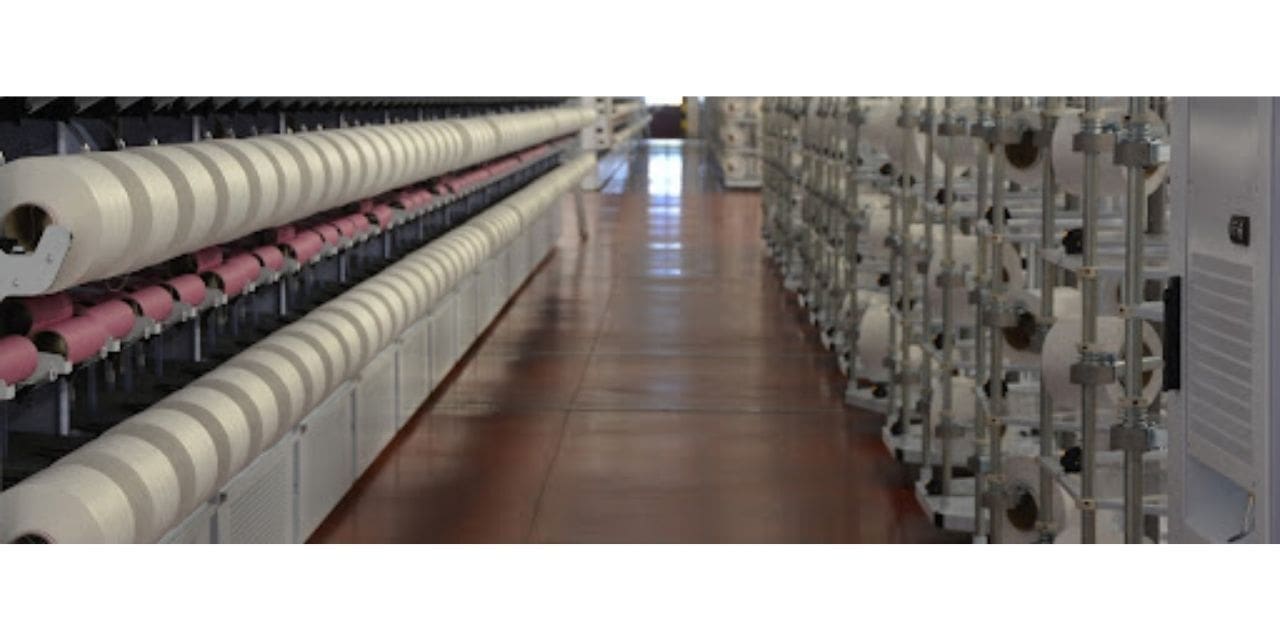Korteks, one of the world’s largest yarn producers headquartered in Bursa, Turkey, has begun producing recycled polyester filament yarn in their facilities utilising a Starlinger recycling process. The Starlinger recoSTAR universal 165 H-VAC iV+, which is part of Korteks’ $10 million investment in a new polymer recycling facility, will go into service in May 2021. It has a capacity of 7,200 tonnes per year and currently processes clean in-house polyester fibres from production scrap in a 50/50 ratio with washed post-consumer PET flakes. Korteks uses 100 percent polyester regranulate in their new polyester filament yarn line, which will be marketed under the brand name “TA Reborn.” The company has taken a major step toward developing a circular economy in the Turkish textile industry with this investment.
Korteks, Europe’s largest integrated and innovative polyester yarn producer, has opened a new recycling facility in Istanbul with the help of German company Starlinger. The Starlinger recycling line is the first of its kind in Turkey and is equipped with special components for filament yarn recycling. A candle filter developed by Starlinger ensures finest melt filtration down to 15 μm. Korteks has partnered with German company Starlinger to produce polyester filament yarn from 100% PET bottles and expects the recycling market in general to grow. “We believe that those who can manage this change well will also set the global textile agenda in the future”, said Barış Mert, CEO of Korteks.
The viscoSTAR SSP unit at the end of the recycling process guarantees consistent IV increase according to the first-in-first-out principle. The technical configuration of the line does not only allow the processing of a polyester fiber/PET flake mix as well as 100% polyester filament scrap or 100% PET bottle flakes. Korteks expects the recycling market in general to grow as there is increased acceptance for recycled products in the society, and predicts the need for recycling solutions also for other synthetic and natural fibers.
Image source: www.korteks.com.tr

